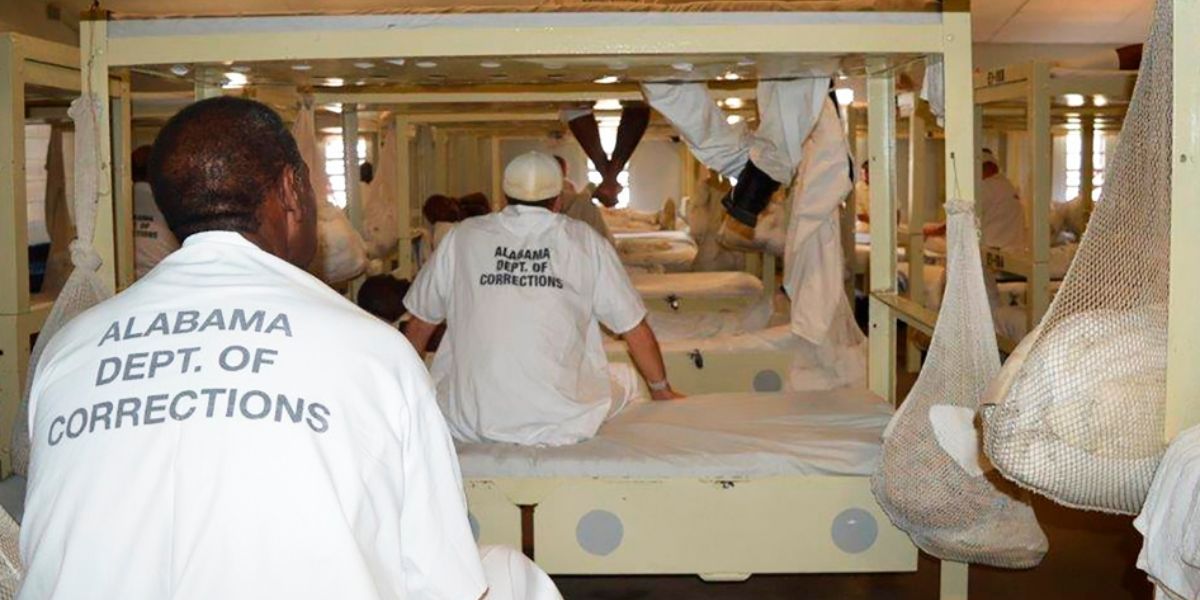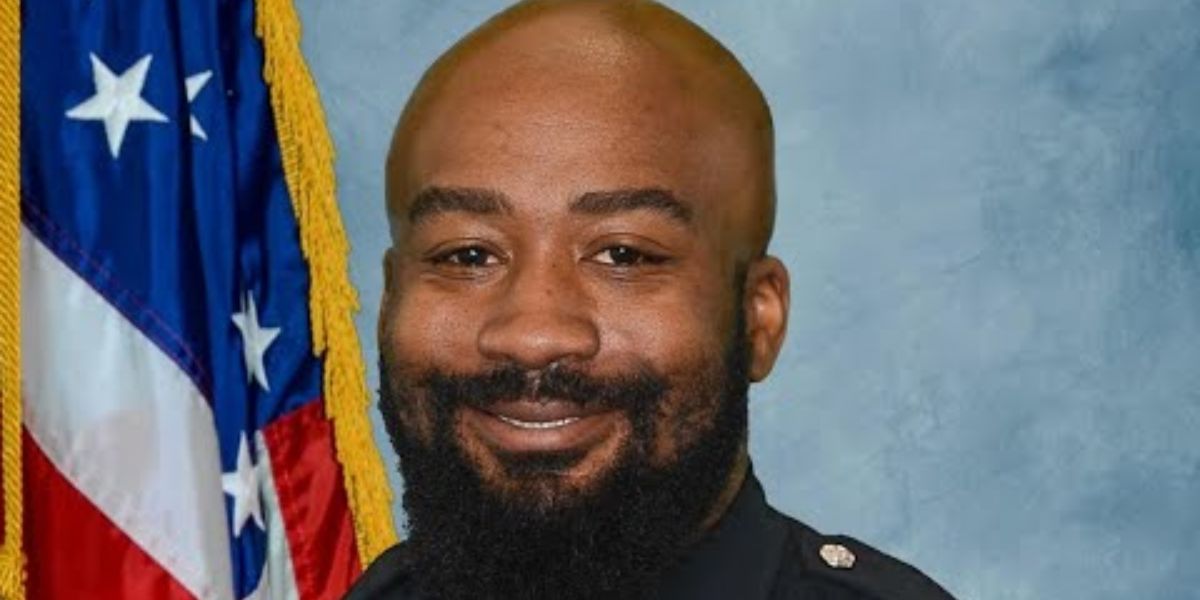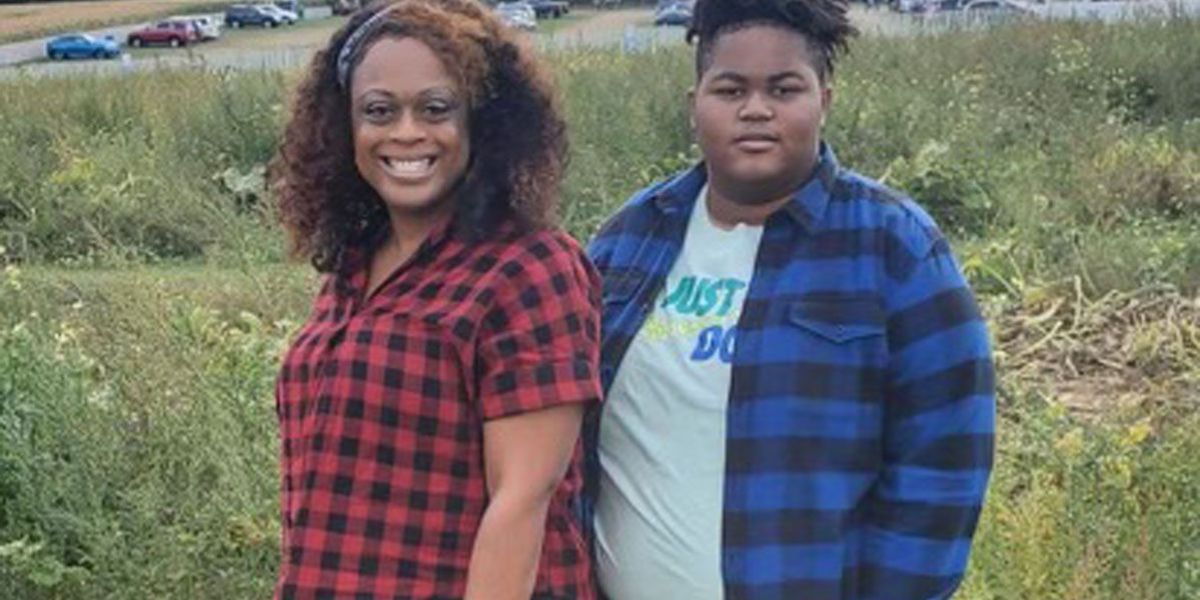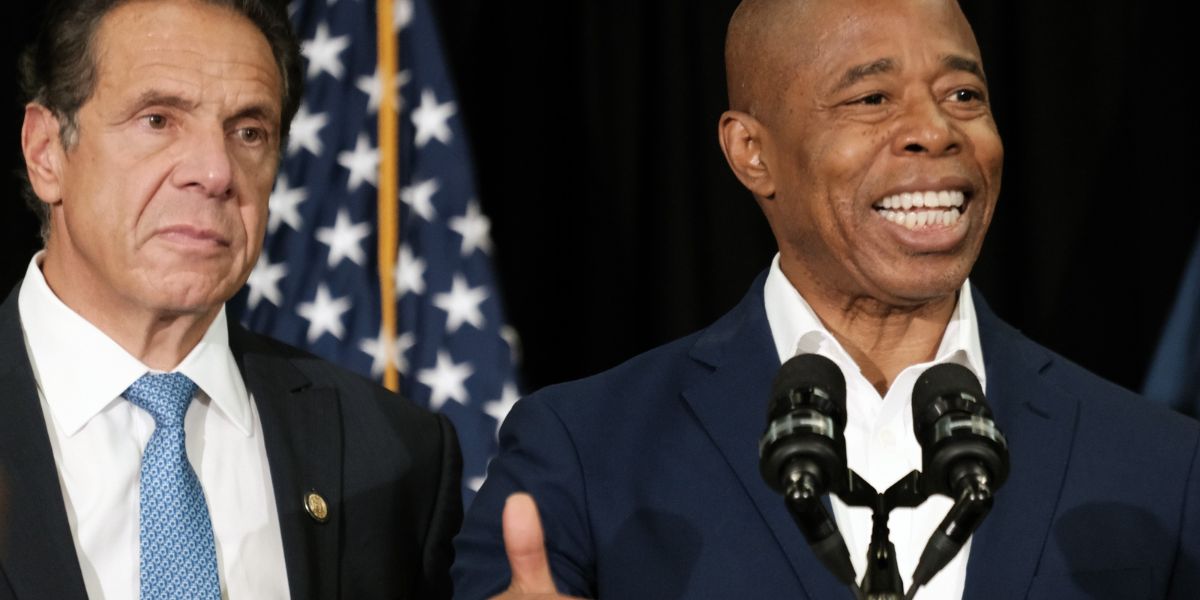Kansas Implements New Abortion Law Requiring Women to State Reasons
A new law in Kansas says that women who want to have an abortion will have to say why they want to have one. On Monday night, the Republican-controlled Legislature voted to reverse Democratic Gov. Laura Kelly’s vetoes on two anti-abortion laws. These laws add more restrictions to abortion rights, just two years after the state’s residents strongly voted to protect those rights in the constitution. One law says that doctors have to ask women why they want an abortion, and another law makes it illegal to force pregnant women to get an abortion.
The Senate voted 27–10 and the House voted 84–41 to override the veto of a bill that would have asked women to explain why they wanted an abortion. The women would have been able to choose not to take the survey, though. Kansas is now one of many states that require some kind of abortion report.
The law requires abortion doctors to poll women and ask them to pick the most important reason they want to have an abortion. Kansans for Life, a group that fights against abortion, came up with these reasons, which include financial stress, rape, fetal defects, or the mother’s health. A complaint from those who disagree with the survey is that it doesn’t have an “other” choice. The Kansas Department of Health and Environment will put together a report that will be made public twice a year.
There are people who support the law who say that the data from the abortion polls will help lawmakers make decisions about abortion care in the future. Rep. Brenda Landwehr, a Republican from Wichita, said that Kansans were against putting more limits on abortion. She brought up a vote in 2022 where Kansans heavily rejected an amendment to the state’s constitution that would have limited or banned abortion. She said that those rules will be followed by the Legislature “until that can be changed sometime in the future.”
Landwehr said, “It’s important for public policymakers who make daily decisions about health to make decisions based on good information.” “This bill does not limit, stop, or restrict any woman from having an abortion in any way.” However, people who are against the rule say that the procedure is pointless and invasive and that it would make it harder for women to get legal abortions. They say it’s not easy to see how to say no to the poll. We want to make it harder for the person making that hard choice, as is often the case with laws that deal with a woman’s right to choose, said Sen. Pat Pettey, a Democrat from Kansas City. “This bothers me a lot, and it shows a lack of respect for women who have chosen to have an abortion.”
Also, lawmakers overrode Kelly’s veto on a bill that would make it illegal to force a woman to have an abortion. The Senate voted 28–10 in favor of the bill, and the House voted 85–40 in favor. According to the law, coercion includes threats to the mother’s health that are physical, legal, or financial, as well as withholding legal papers and limiting her access to medical care. The fines would get worse if the mother is younger than 18 and the father is older than 18. Kelly said in her veto message that the law would “intrude upon private, often difficult conversations” between a person and their family, friends, and partner. She also agreed that no one should be forced to have a medical procedure without their permission.
The leaders of the House GOP said that the win over Kelly’s veto was also a victory for women who are pregnant. They say the law makes sure women can still choose to have an abortion and was only made to protect sex trafficking victims who may be forced to have more than one abortion. They said in a joint statement that the governor’s veto message “falsely equates ‘concerned conversations’ to the strict requirements of what defines coercion in the bill.”
“Being forced to have an abortion when she doesn’t want one is always wrong. My coworkers and I are proud to stand together against abuses like sex trafficking and sexual abuse that happen along with abortion coercion and override Laura Kelly’s careless veto.” But people who are against the law say it doesn’t protect Kansas women enough. Before, the bill tried to make all kinds of reproductive coercion illegal, like threatening to hurt a pregnant person if they don’t take the baby to term. But that version of the bill died in the end.
Senate Minority Leader Dinah Sykes, a Democrat from Lenexa, said she would have backed the bill if the change had been kept. Sykes said that the law instead puts the duty of protecting reproductive freedom on the government, which has “a long history of reproductive coercion,” which includes means like forced sterilization. “This bill keeps that trend going by letting us choose when we think KS politicians are being forced to do something,” she said. The bill’s author, Ottawa Republican Rep. Rebecca Schmoe, has talked in public about how a doctor forced her to have an abortion with her first child. She said that the bill only makes sure that getting an abortion is still a choice.
When the bill comes up again, Schmoe says she will try to make it more inclusive. She says she is “already looking into domestic violence law to see if there’s room to protect women further.” Last year, the Legislature overrode Kelly’s veto on three anti-abortion bills. One of the bills made it harder for abortion doctors to get liability insurance. One law says that abortion providers must tell their patients that a popular type of medication abortion can be undone, even though this has not been proven. Another law says that abortion providers can be charged with a crime if they do not care for babies who were “born alive” during an abortion.











